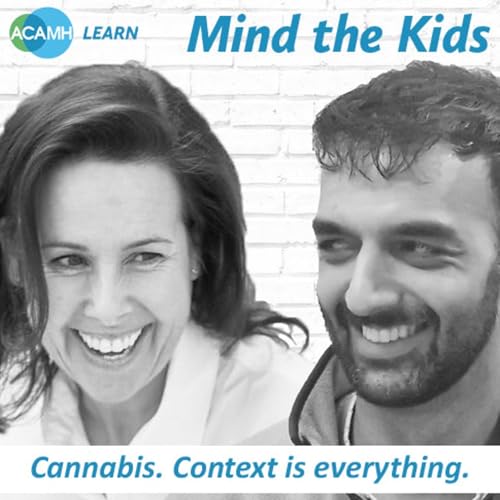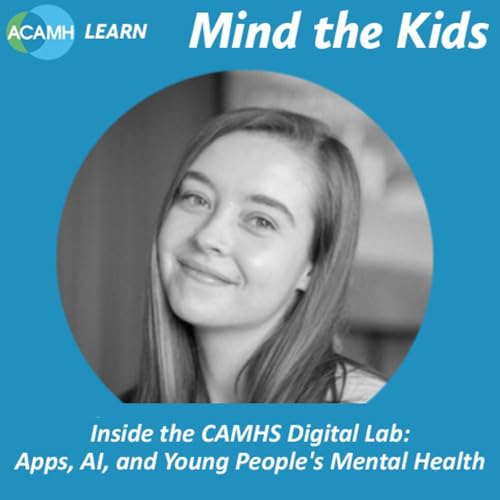‘Mental Health Needs in Care, but Missed Out’ takes listeners inside the realities and challenges faced by children in the UK care system. This episode brings real human stories and statistics together, highlighting that care experiences are diverse and often compounded by instability, repeated moves, and separation from familiar environments.
The team’s guest, Dr. Eva Sprecher, unpacks not only the scale of the issue but also the pitfalls of current screening tools—revealing how many children’s trauma-related mental health needs go undetected. The episode ultimately advocates for holistic, individualised approaches, emphasizing that recovery and positive trajectories are possible when we truly see and support the whole child, rather than focusing solely on their status in the care system.
Hosts Dr. Jane Gilmour and Professor Umar Toseeb not only discuss powerful research but also weave in personal anecdotes, legal definitions, and hard-hitting societal themes—from the nuances of terminology like “in care” versus “looked after children,” to the impact of pivotal legislation such as the 1989 Children’s Act. The conversation spotlights stark realities: young people enter care due to layered adversities—neglect, abuse, poverty, parental mental health difficulties, and more—which frequently lead to complex emotional and behavioural needs.
Listeners will leave with real takeaways, fresh understanding, and hope that with the right awareness and policy change, outcomes for these vulnerable young people can be transformed.
More information
Read the Open Access JCPP Advances paper 'Sufficiency of current practice: How well does the Strengths and Difficulties Questionnaire detect clinically elevated PTSD, anxiety, and depression symptoms in children in care?'
Eva Sprecher, KH Shelton, Lisa Holmes, Bethan Carter, Charlotte Robinson, Maryam Javed, John Macleod, Jeongeun Park, Julie Selwyn, Rachel Hiller
Voir plus
Voir moins
 46 min
46 min 28 min
28 min 43 min
43 min 38 min
38 min 49 min
49 min 48 min
48 min Dec 10 202548 min
Dec 10 202548 min 41 min
41 min
